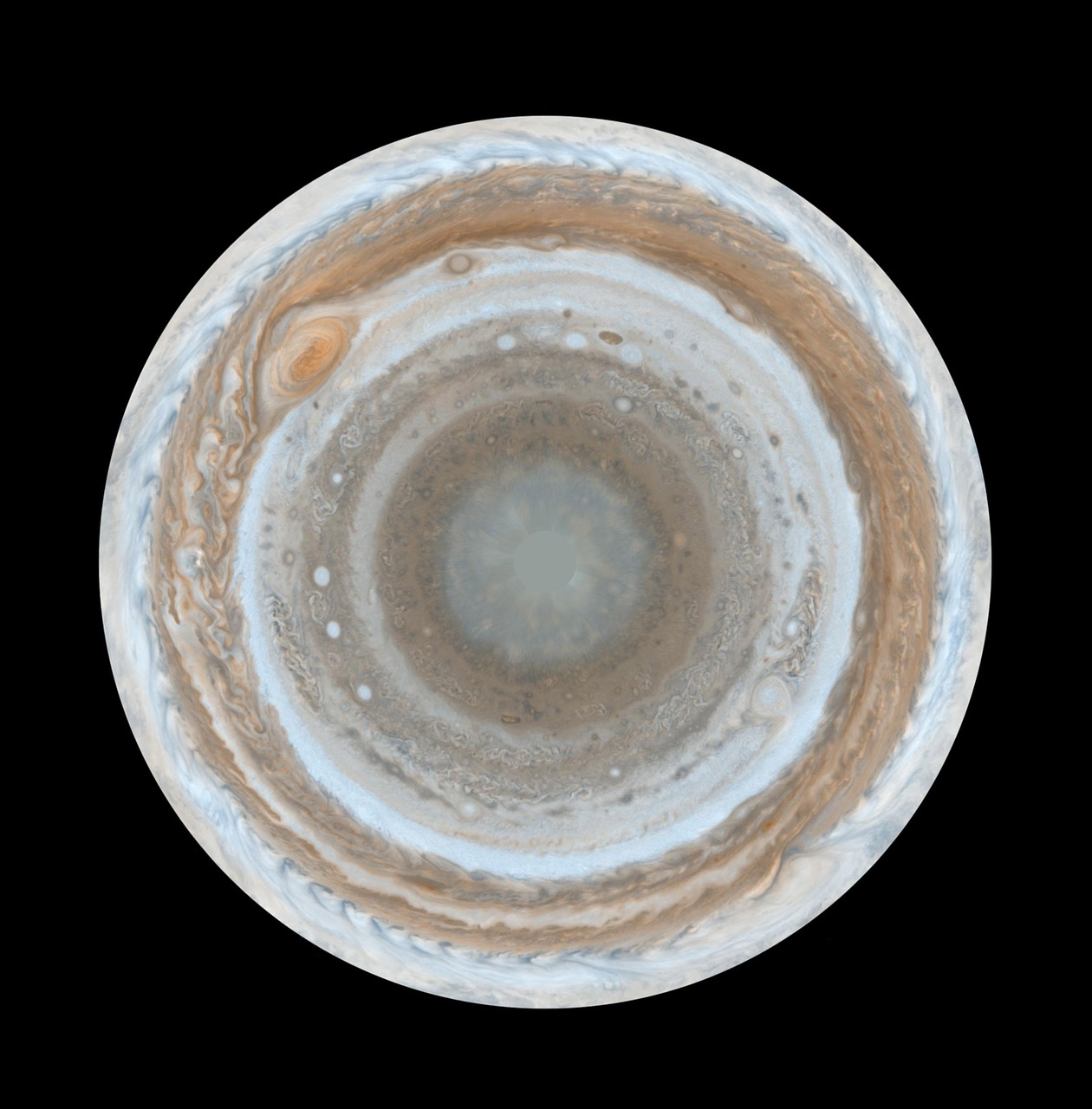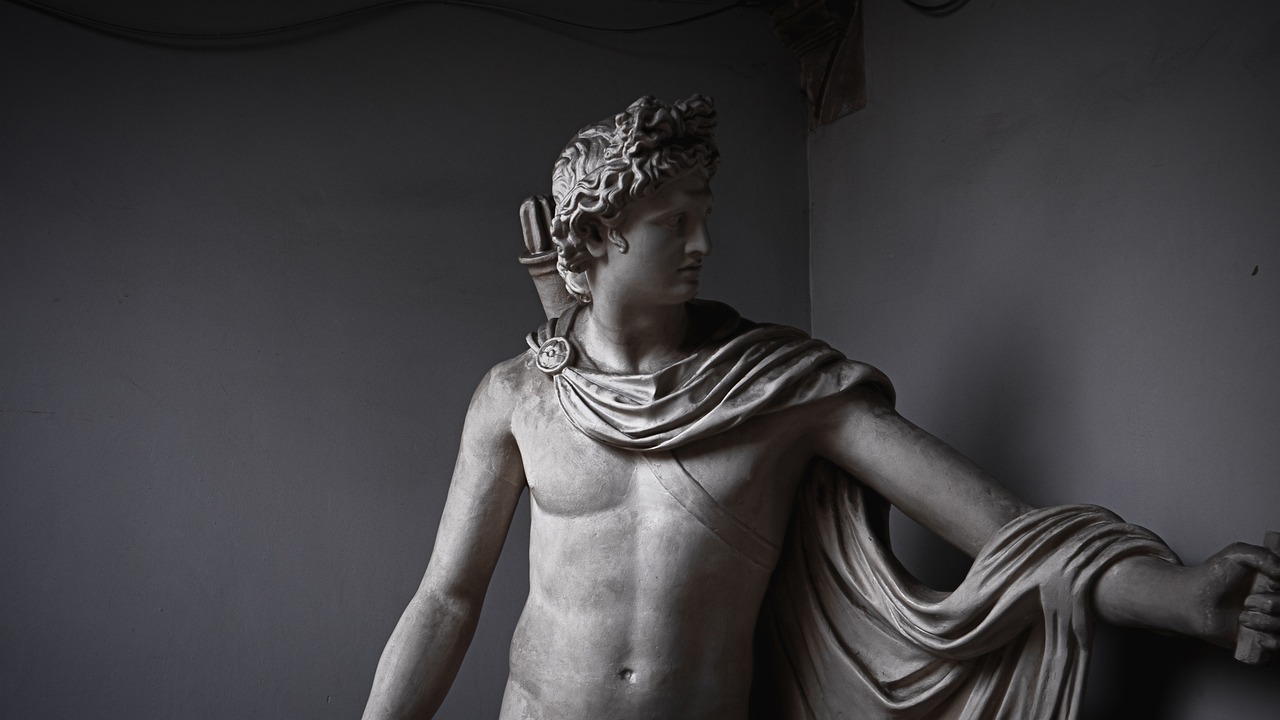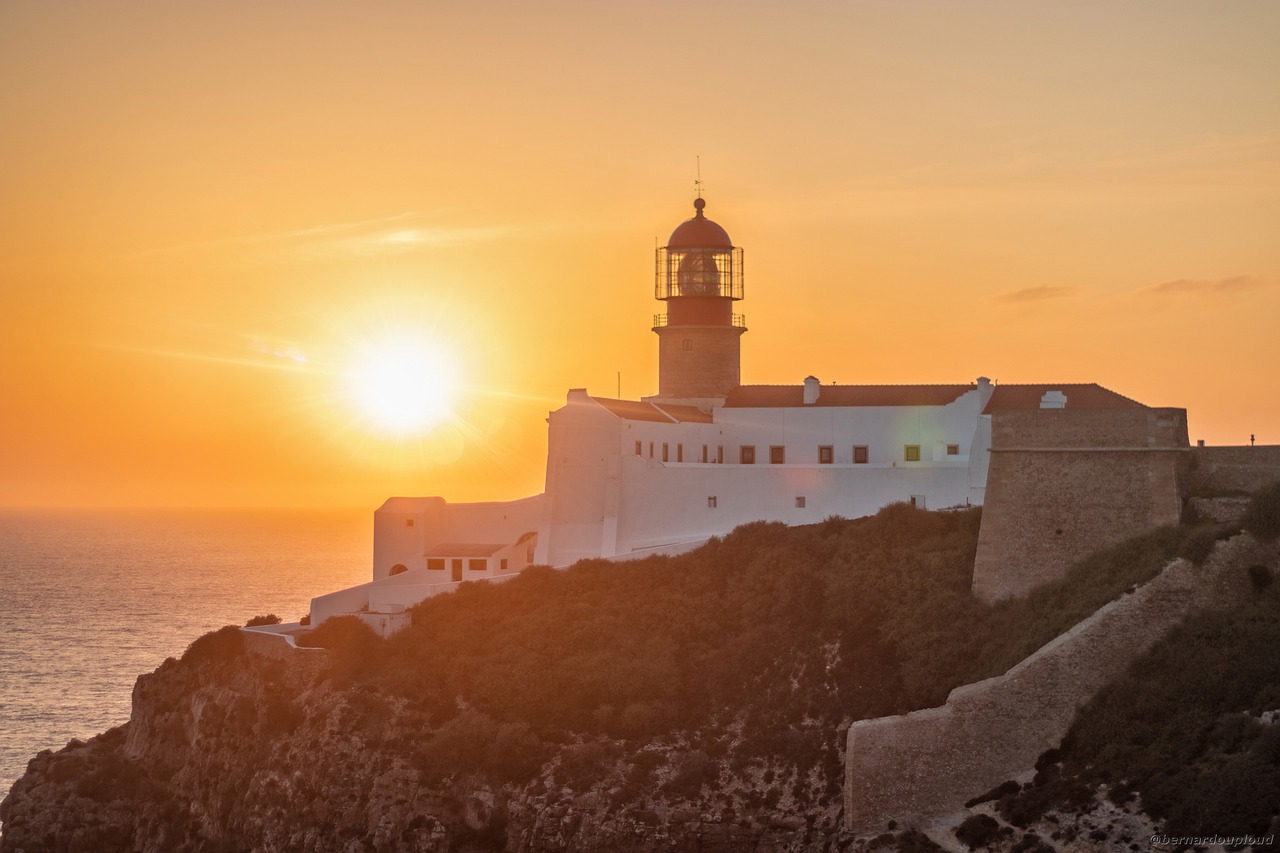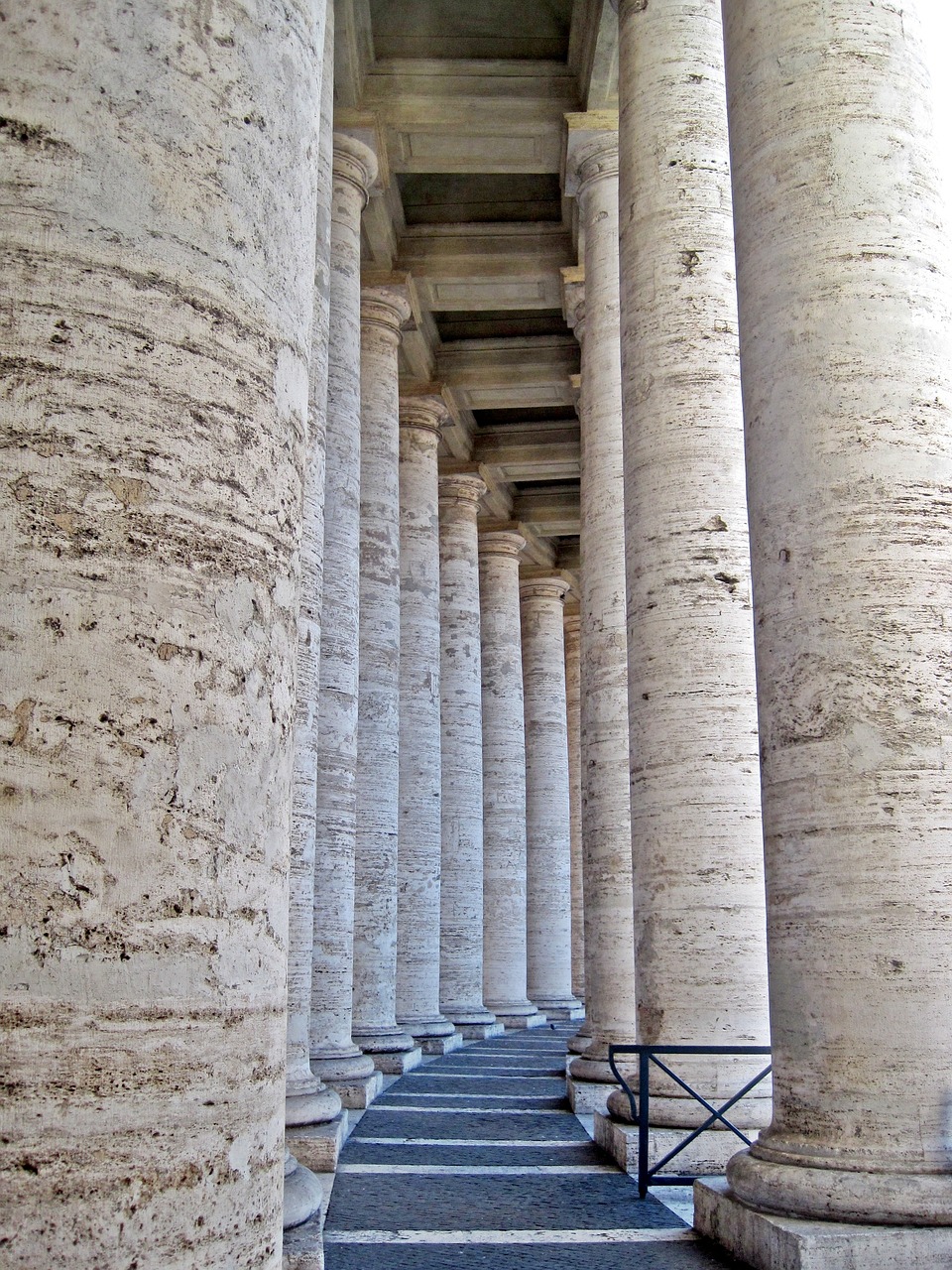Roman Mythology
-

Apollo, the famed son of Zeus and Leto, is a revered figure in mythology, best known for his dual character embodying light and illumination in various forms. His birth is said to have taken place on the island of Delos, alongside his twin sister Artemis (Diana). Initially seen as a god of light, Apollo was…
-

The Mighty Jupiter: King of the Roman Gods Jupiter, known as the god of sky and thunder, is significant in Roman mythology. He is the equivalent of the Greek god Zeus and is sometimes referred to as Jove. Being the chief deity, his influence extends to various aspects of Roman culture and religion. Jupiter is…
-

Minerva: The Roman Goddess of Wisdom and Artistry Overview Minerva stands out as one of the most esteemed deities in Roman mythology, recognized for her immense wisdom, intellectual prowess, and artistic inspiration. Positioned among the divine elite, she was revered not only for her keen understanding and foresight but also for her military acumen, symbolizing…
-

Understanding Nitric Oxide and Its Supplements Nitric oxide (NO) is a naturally occurring gas formed by nitrogen and oxygen, vital for various biological processes, particularly for the dilation of blood vessels. This dilation is essential in enhancing blood circulation, which has far-reaching implications for overall health and functions like erectile potency. Supplements aimed at boosting…
-

By Meta Waters – Volunteer Guide Floralias: A Fusion of Reverence and Revelry The Floralias festival stands as a vibrant blend of homage and hedonism, honoring Flora, the goddess of flowers and fertility. This festival embodies a rich duality, capturing both the sacred and the spirited aspects of Roman culture. The Roman Empire, characterized by…
-

Pluto, revered as the deity of the Underworld in Roman mythology, is often associated with his Greek counterpoint, Hades. Unlike other deities who inhabited Mount Olympus, Pluto opted to dwell in the Underworld, marking a distinction in his character and role among the pantheon. Family Dynamics Pluto, known as Hades, was the offspring of the…
-

Victorious achievements are not earned through mere rituals or offerings. Instead, they stem from relentless effort, boldness, enduring spirit, passionate dedication, and the formidable skill in combat. Absent these elements, even when a splendid embodiment of Victory stands in a magnificent temple, the ideals of triumph will elude the unprepared. True victory comes from the…
-

In the early light of dawn, an ancient entity captures our imagination, once resonating deeply within the Roman Empire: Sol, the revered sun god. We are not merely perusing the age-worn records of Rome; rather, we embark on an exploration of a vibrant sphere of mythology that continues to illuminate the arc of human history,…
-
The Bacchanalia occupies an intriguing and enigmatic role in the annals of ancient Rome. These festivals, initially sacred rites dedicated to Bacchus—the deity representing wine, liberty, and ecstasy—can be traced back to as early as 200 BC in Italy. The Bacchanalia served as a venue for Romans to engage in merrymaking, dramatic exhibitions, and ecstatic…



